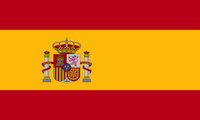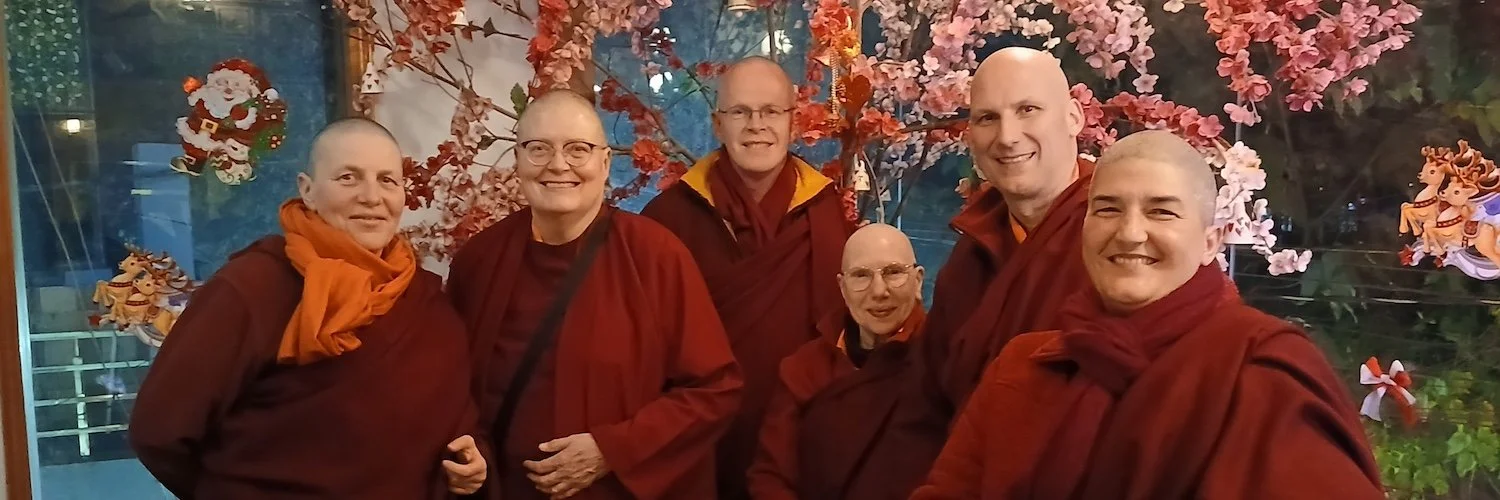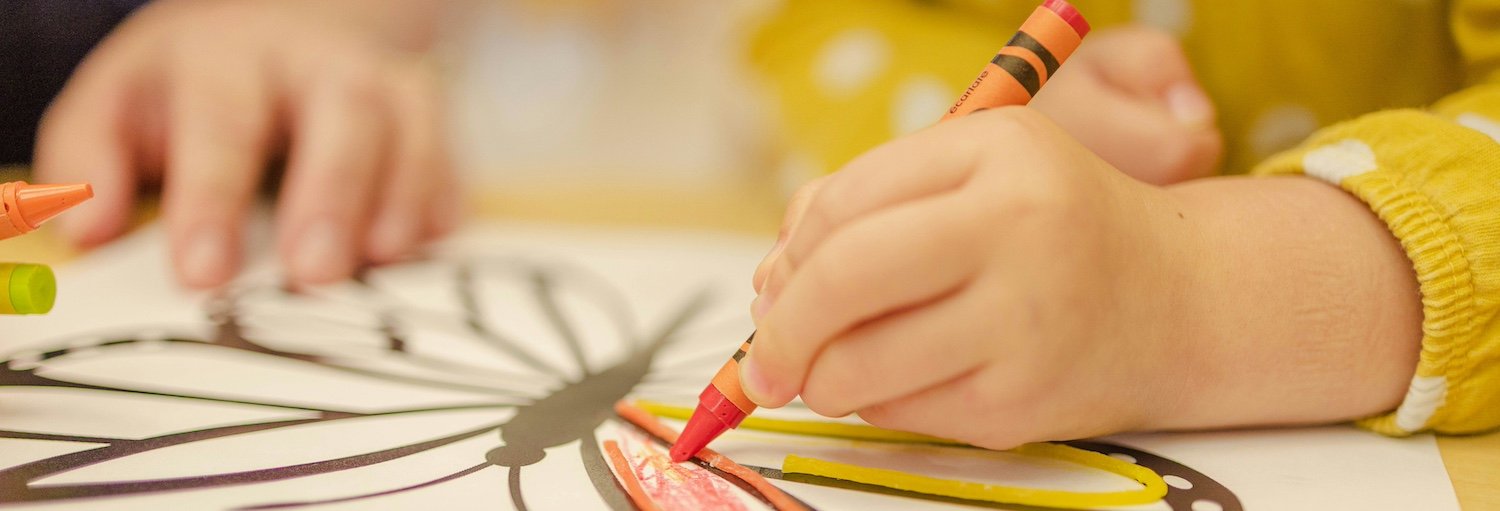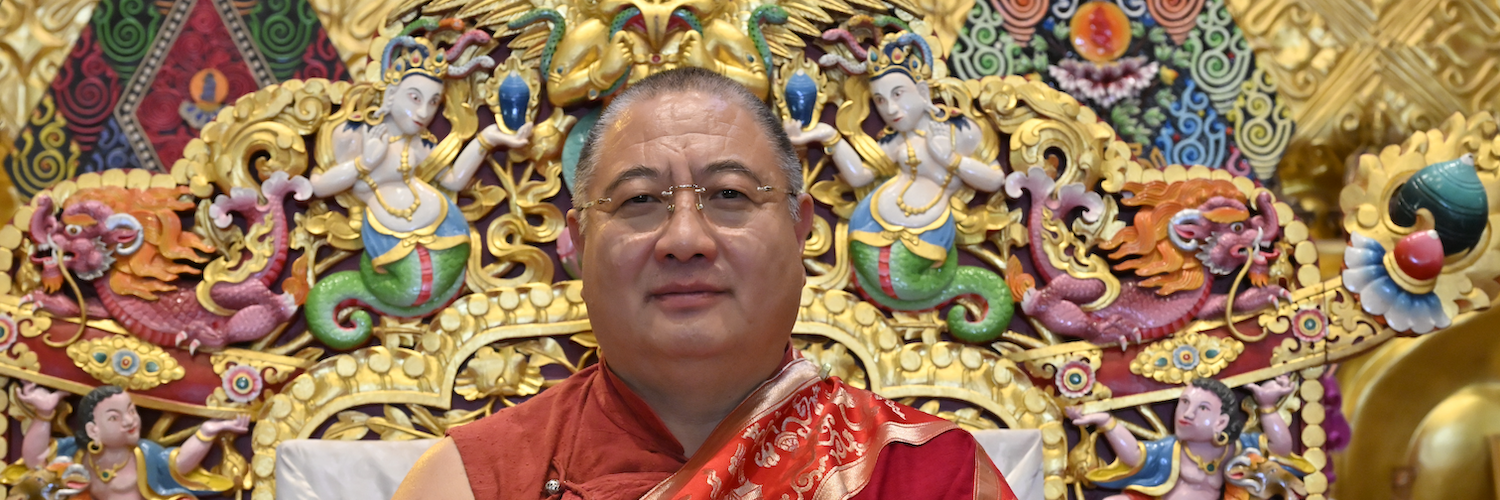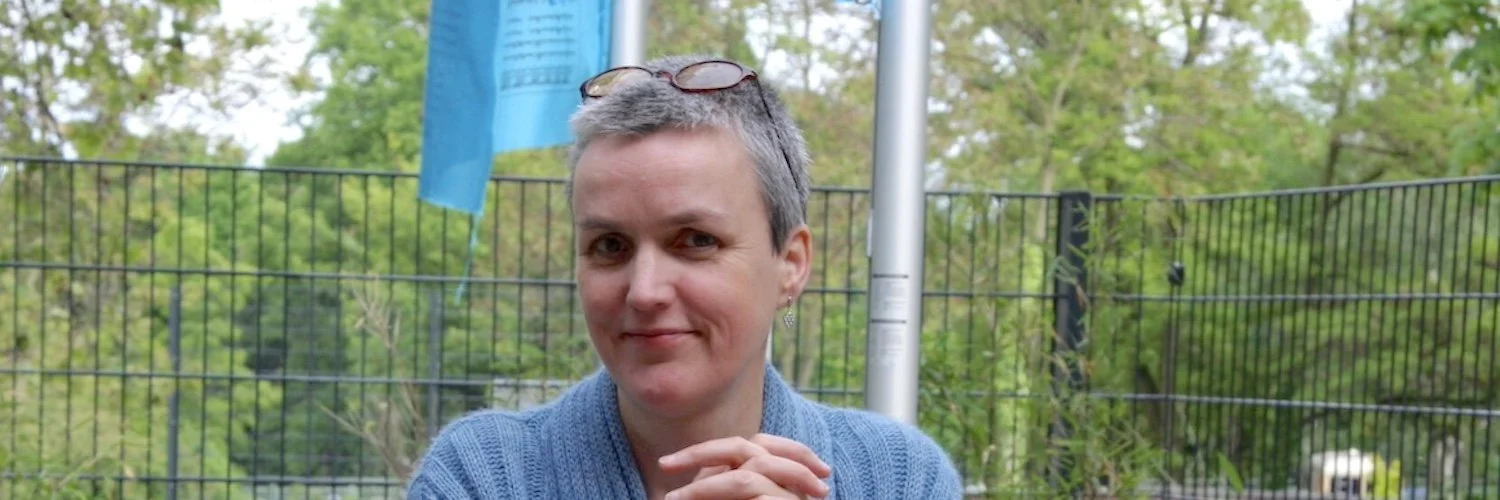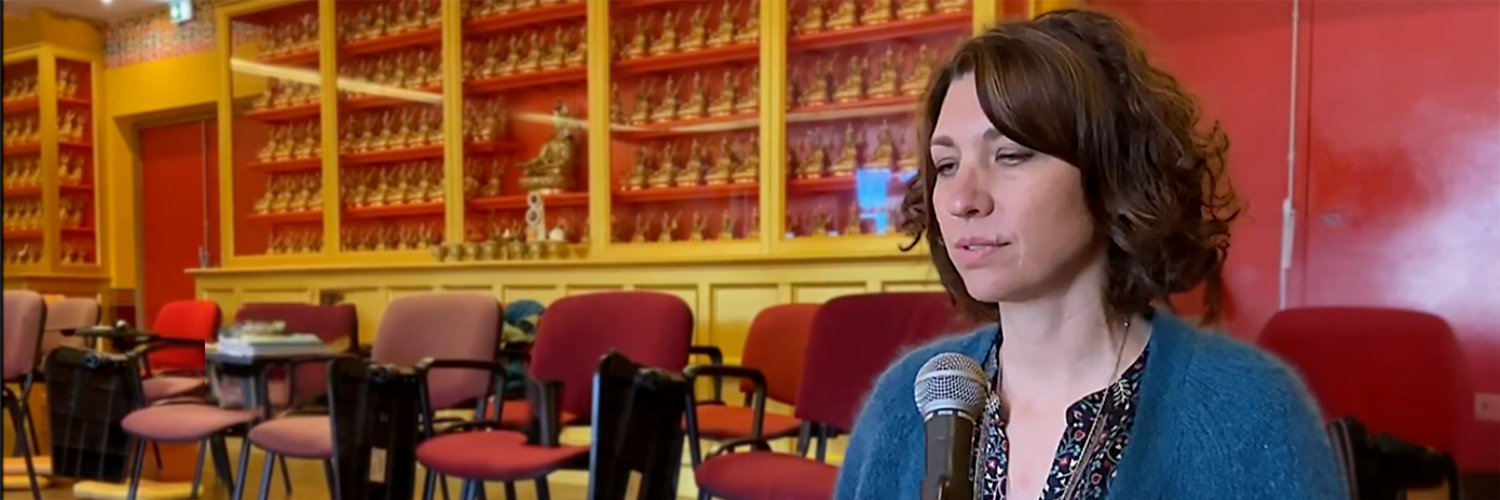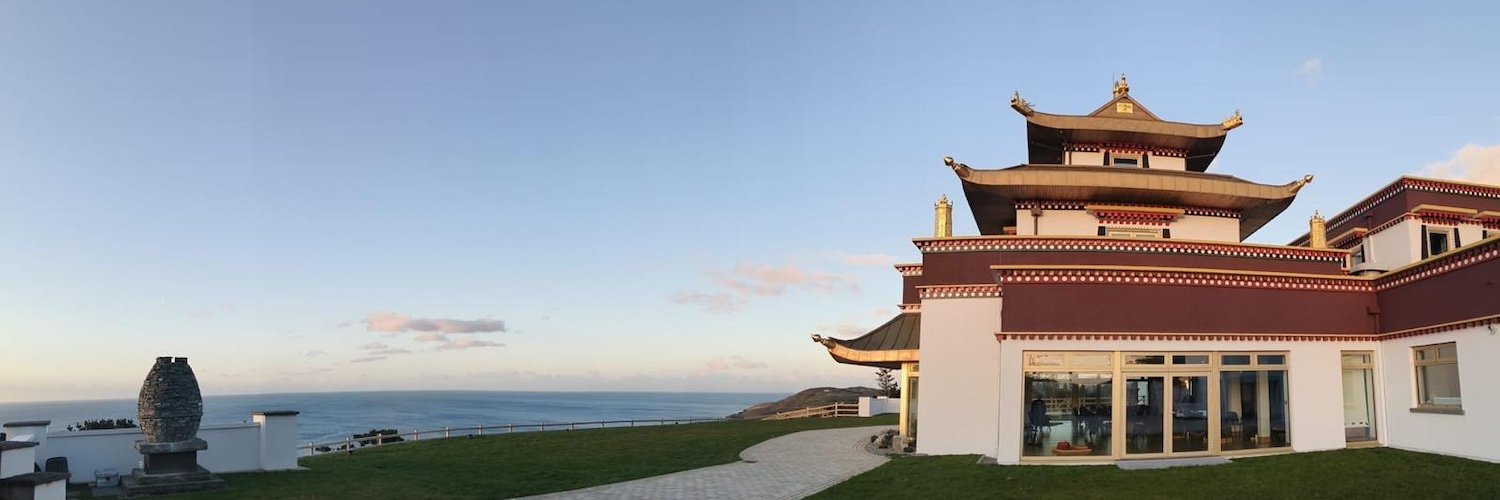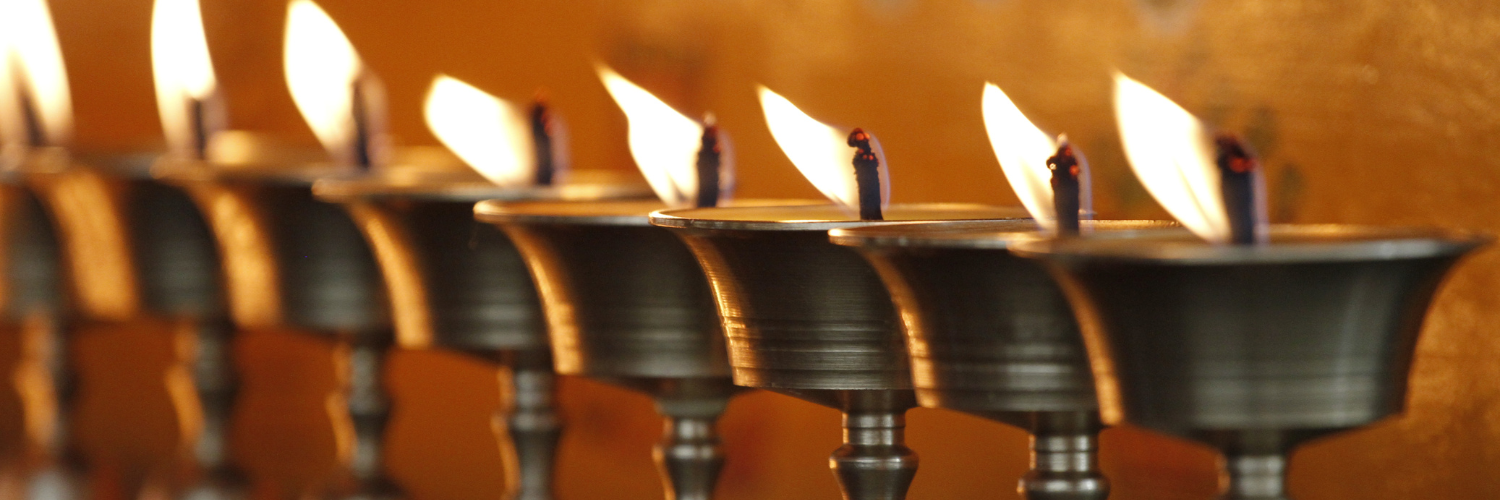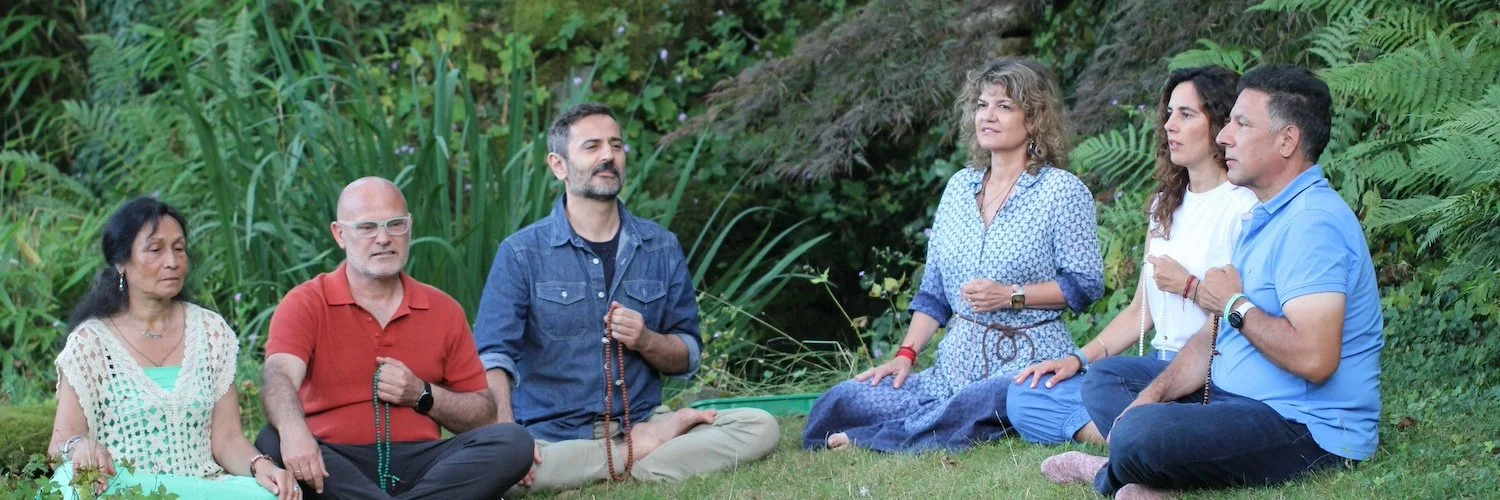A Safe, Ethical Spiritual Community - Are We Living The Teachings?
Safe Environment Advisory Team
Has it ever happened to you that you’ve seen behaviour from a sangha member that made you think, 'that's not in accordance with the teachings' or 'wow, that's neither wise nor compassionate'. We've probably all had that thought about others' behaviours—and our own—because we're not in a state of perfect awareness yet. However, as a sangha, we are committed to examining the impact of our behaviour on others, and to change if something we do might cause harm, to evolve and bring greater wisdom and compassion to our actions.
To support us in this, it’s important we are clear in ourselves and as a community:
How is ethics part of my path and spiritual development?
How can we foster a safe, supportive, inclusive spiritual community together?
What can I do if I see behaviour that concerns me?
Ethics as part of our Path
Behaving in an ethical way is an essential part of our spiritual path and journey, and the guidance of Buddhist ethics is one of many skilful ways to work with our minds and internalise the teachings into our thoughts and actions.
"Ethics and Buddhism are almost synonymous. The Tibetan word for ethics is 'tsultrim' - living in accord with the view of the Dharma." Jetsun Khandro Rinpoche, Rigpa London, 2018
Moreover, in recent times it has become standard and essential for organisations in the West, including Buddhist organisations, to develop a code of conduct or set of ethical guidelines which outline the behaviours that are considered acceptable, or unacceptable within the organisation.
Ultimately, it’s up to us—as individuals and as a community—to embody the Buddhist teachings and our ethical guidelines so that we can create the caring, respectful environment we expect and appreciate.
Ethical guidelines in Rigpa
Everyone who comes into contact with Rigpa can expect to be treated with dignity and respect, and feel that they are in a safe and supportive environment. We also aim to foster an inclusive culture that doesn’t tolerate inappropriate, discriminatory, offensive or harmful behaviour.
These principles are not just a goal or a wish, they are formalised in the Code of Conduct and Shared Values Guidelines, with a specific Grievance Procedure. These are available to support us to respond when a concern is raised about inappropriate behaviour of any kind.
In place since 2018, the 'Rigpa Code of Conduct' and 'Shared Values and Guidelines Statement' were developed “by the Community for the Community”, through a series of discussions among the international Rigpa sangha. They identify our shared values as a sangha and reflect our values as a Vajrayana organisation. They apply to our sangha, visiting lamas and teachers, and members of the public who participate in Rigpa activity, and are a reminder of our commitment to embodying these values in all aspects of our activity.
In essence, Rigpa’s Code of Conduct and Shared Values and Guidelines:
provide specific guidelines for the behaviours we agree to adopt, and those to abandon,
give a clear basis for raising concerns when something happens that doesn't feel right,
outline the support that's available for addressing any concerns,
can inspire each of us to reflect on our own behaviour in the light of both contemporary secular standards and Buddhist ethics as an integral part of our path.
serve to remind us how we are interdependent and how we are responsible for the effects of our actions - on our sangha community, on anyone who comes into contact with us, and on our ability to authentically transmit the teachings of the Dharma in the West.
What to do if someone’s behaviour concerns you
If someone’s behaviour concerns you, speak up.
If you ever have any concerns about someone’s behaviour in Rigpa, most importantly please speak up! Speaking directly to the person or people involved is often the best first step. But if this doesn't work or you don't feel comfortable to do this, you can talk with a teacher, instructor, centre holder, or member of your national team or Board about any concerns you may have.
Additionally, there is a sangha member in each country who is available for you to talk to and let you know your options to find a resolution.
Leading this area of Rigpa’s activity is the Safe Environment Advisory Team (SEAT)—a small group with representatives from several countries in Rigpa. The group’s purpose is to support all members of the sangha as well as Rigpa teams to foster an environment in Rigpa that is reflective of our values and ethics, and to support them if and when difficulties arise within the sangha.
You can reach out to the Safe Environment Advisory Team at safe.environment@rigpa.org
Together, by upholding both Buddhist and secular ethics, we will foster a safe, supportive and inclusive environment that supports all participants to fully benefit from the Buddhadharma.
Related articles and links:
• Teams in Rigpa



